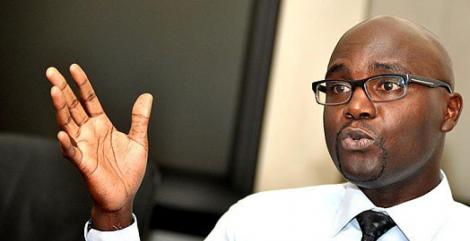Atheists Call For Religious Subjects to Be Removed From the Curriculum
Atheists Kenya Society has urged the Presidential Working Group on Education to ask for reforms on the new Competency-Based Curriculum (CBC) to do away with religious subjects.
In a memorandum dated Wednesday the 9th of November, Atheists Kenya Chairperson Harrison Mumia requested the task force to substitute religious subjects such as CRE, HRE and IRE with Philosophy and Ethics.
Mumia revealed that the existing system of education excludes other human views and values maintained by persons who have different beliefs.
According to the group, while religious subjects encompass a vast spectrum, only CREM HRE and IRE are taught in public schools. He said that this disparity allows teachers to force their religious beliefs on students.
“This reformed subject will include objective education about religious belief, but not to the detriment of other important philosophical and ethical perspectives like humanism, atheism, Buddhism, polytheism, and naturalism.
“The teaching of religious education under the CBC provides an opportunity for those that do wish to convert from one religion to another in the classroom to do so,” read part of the memorandum.
According to Mumia, evangelical groups have taken advantage of flaws in schools by sending preachers to teach instead of using certified teachers.
However, the group accepted that morality is a crucial virtue that must be imparted to students but argued that it is not intrinsically connected to religion.
According to society, morality was imposed based on tolerance and respect for those who have opposing opinions.
In his view, Mumia said that it is important for civic education to teach about the different national, regional, religious and ethnic identities in Kenya and all around the world as well as the need for tolerance and understanding among people.
Atheists suggested making a council to guide the development and content of the new subject. This council would be made up of leading educators and scholars.
Besides, teachers, scholars, employers and higher education institutions should be involved in consultations.
However, they said that while consultation should be done, it should be without undue influence on how religious education is offered.



Comments are closed.